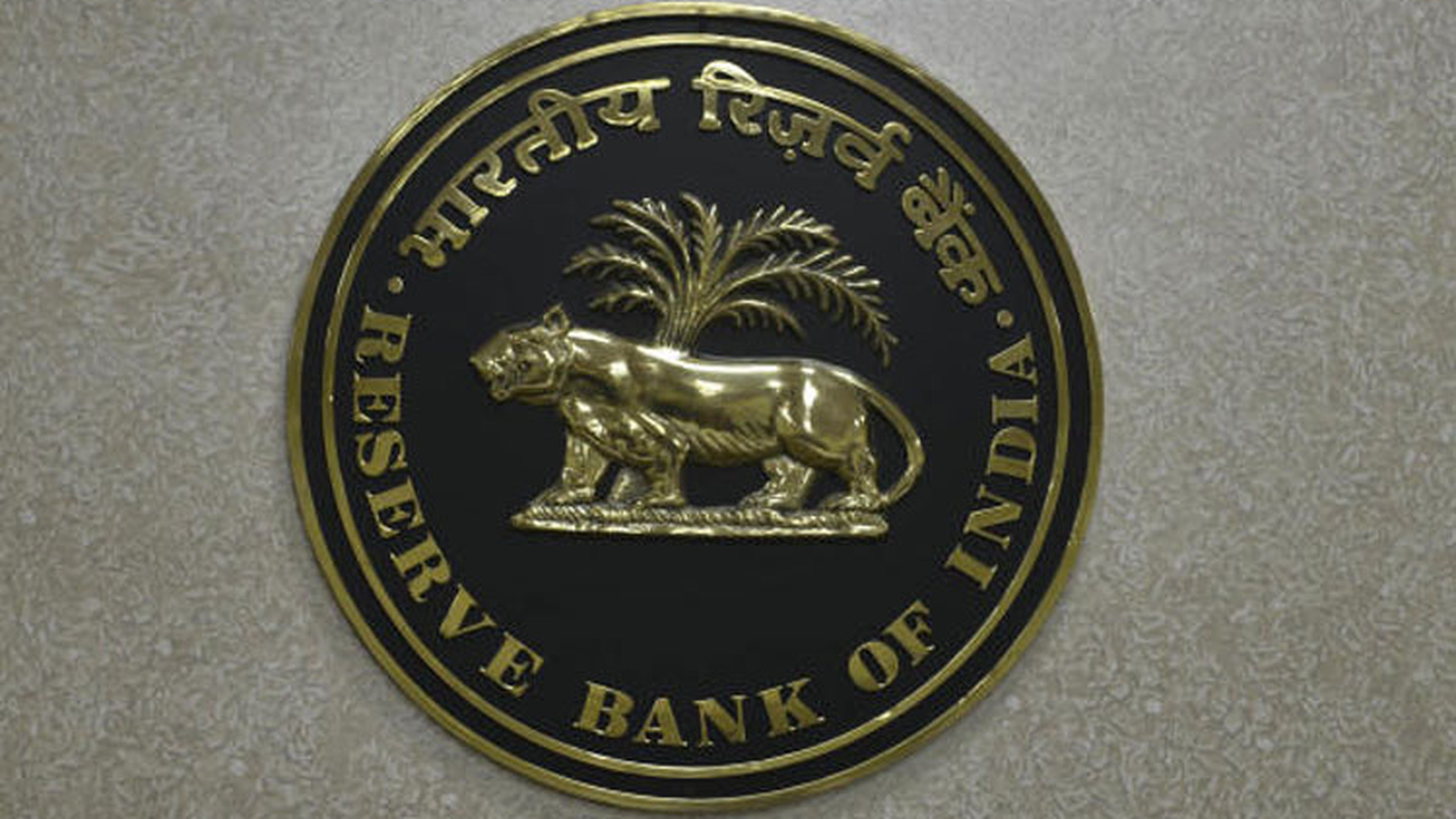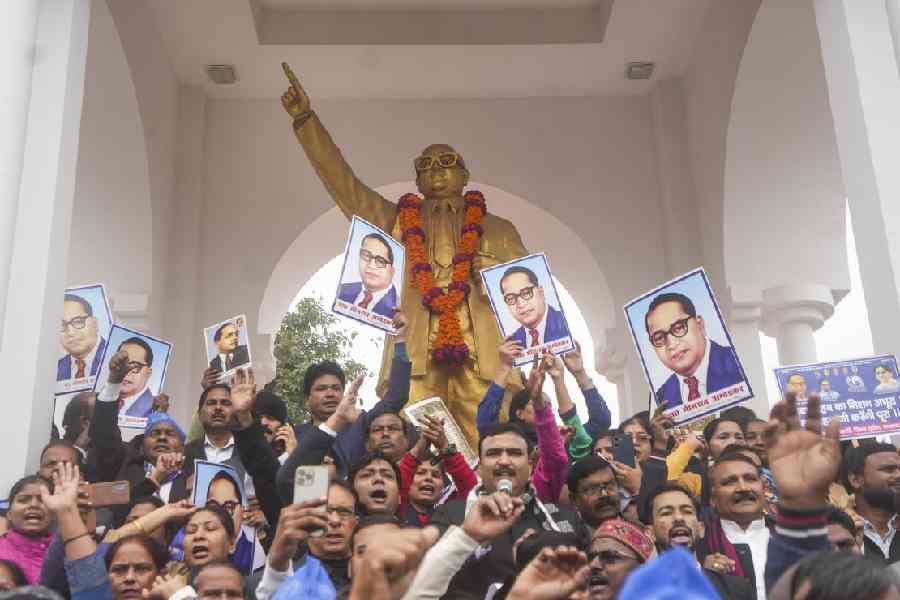Rating agency Fitch has questioned the RBI’s decision to extend the loan restructuring scheme for MSMEs and relax the asset classification rules for some real estate projects at its monetary policy review last week.
Fitch said the RBI’s decisions signified a gradual shift away from its earlier efforts to enhance quality and transparency of asset classification by banks.
The rating agency also cautioned that such regulatory forbearance will perpetuate moral hazard as it follows aggressive lending growth and risk-taking in certain sectors in five years to the financial year ended March 2019.
Last week, the central bank had allowed the restructuring of the borrower account of MSMEs by one more year till March 31, 2021.
According to the rating agency, the RBI’s move marks a further dilution of its drive to enhance loan recognition.
“It is not clear at the moment whether this forbearance will be extended to non-bank financial institutions (NBFIs) as well, but we believe that the probability of this is high, considering the impact that the NBFI liquidity squeeze and a slowing economy have had on the MSME and real-estate sectors,” it said.
Fitch added that in recent years, banks have preferred to lend to NBFIs, which lend heavily to the real estate and MSME sectors, as a way to deploy their excess liquidity, while limiting their own direct exposure to these areas.
“Fitch believes that these extensions are only likely to defer asset-quality pressures unless there is a sustained improvement in macroeconomic conditions. Although we expect India’s economic growth to pick up in the coming months, to 5.6 per cent in 2020-21 from 4.6 per cent in 2019-20, there are still risks to the country’s economic outlook,” it observed.
Track record
Fitch said that domestic banks have a poor track record with restructuring and the RBI's asset-quality reviews in 2015-16 and 2017-18 found that a dominant share of loans restructured post 2011-12 had degraded into non-performing loans (NPLs).











